Sprayer tyres, Rice transplanter tires and wheels, Agricultural tyres, tractor tires, Industrial Tyres, OTR Tires, skid tires, truck tires
Optimum tread arc delivers fullest possible footprint .
Designed for implement trailer, forklift, motoagricola and multipurpose trucks, etc.
Implement non-traction tyres with great transportation properties.
Specially recipe design provides tear resistance, high wear resistance, and excellent load capacity. Low rolling resistance & noise errission, excellent heat radiation, guiding stablility. Excellent fuel efficiency.
Please contact us for specific information.
BOSTONE TYRE is a supplier located in Qingdao, China with 17 years of experience in the tire industry, specializing in Sprayer wheels,High flotation tyres,Skid steer tyres,Solid rice transplanter tyres,Implement tyres,Car tyres,Forklift tyres,Truck tyres,OTR tyres,Industrial tyres and other related businesses. We supply a large portion of the domestic and overseas markets, such as Asia,Africa,Oceania, Australia, etc.
The company has passed certifications such as REACH,PAHS,DOT,ISO9001. We have the strength to provide you with high-quality products at highly competitive prices. We always adhere to the principle of healthy and stable development, pay attention to product quality, and ensure our business reputation.
| Product name | agricultural tyre |
| Place of Origin | Qingdao, Shandong, China |
| OEM | Acceptable |
| Quality warranty | 2 years |
| Colors | Black |
| Condition | New |
| Port | Qingdao |
| Packing Size(cm) |
149*135*134 Specific consultation with us |
| Brand Name | BOSTONE TYRE |
| Export region | Asia,America,Africa |
| Export countries | Aruba,Togo,Georgia,Iran...etc |
| Tire Design | Bias/Rubber solid wheels |
| Certification | ISO9001,REACH,DOT...etc |
| Delivery conditions | CIF,DDU,CFR |
| Inspection | 100% |
| Material | Natural Rubber |
| After-sales Service | Provide life long service |
| MOQ | 5 (Consultation and negotiation) |
| Packaging Details | LCL: Packing in pallet FCL: Bulk in container |
| Supply Ability |
5000 Piece/Pieces per Month (See specific model products) |
| Lead time (days) | 7-20 (To be negotiated) |
| Quality | At least one year |
Please note: This table is for reference only, please consult us for specific information.
Our agricultural tyre have passed the Certificates: ISO9001, DOT, CE, REACH and PAHS etc.
We can accept the OEM service which can make your own brand name on the tyres.
We can develop the new mould of tyres which according to our customers requirement.
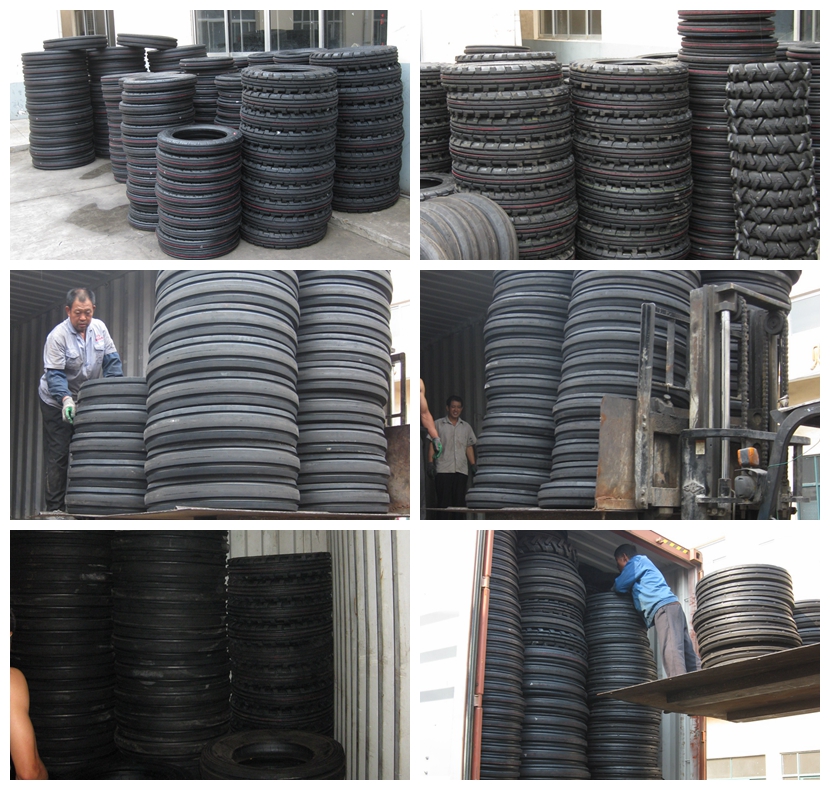
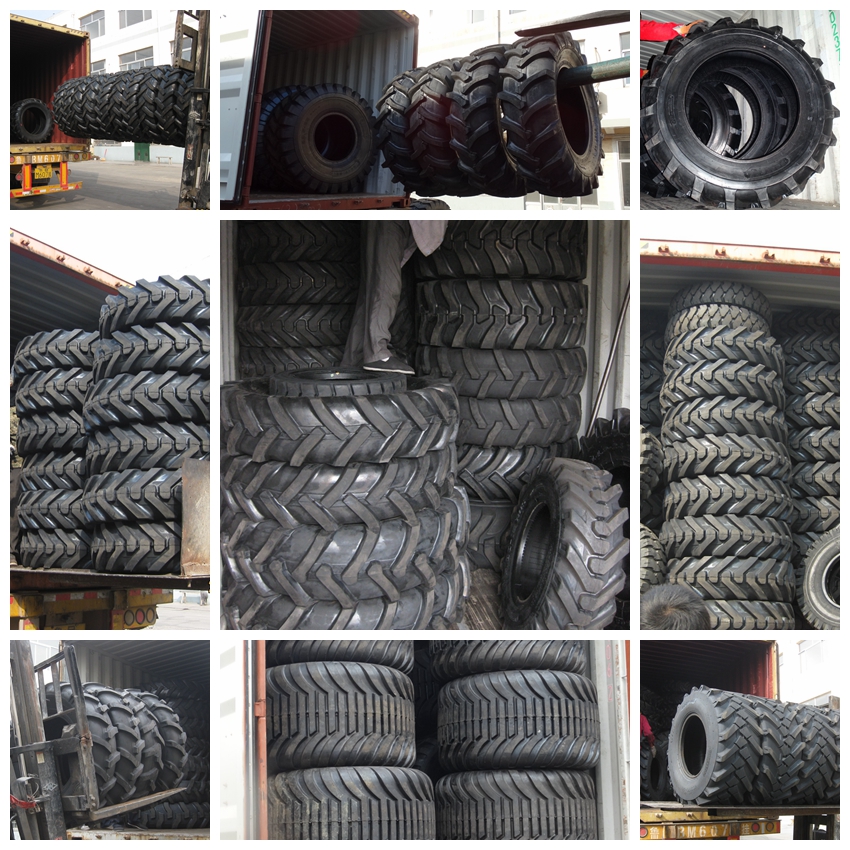
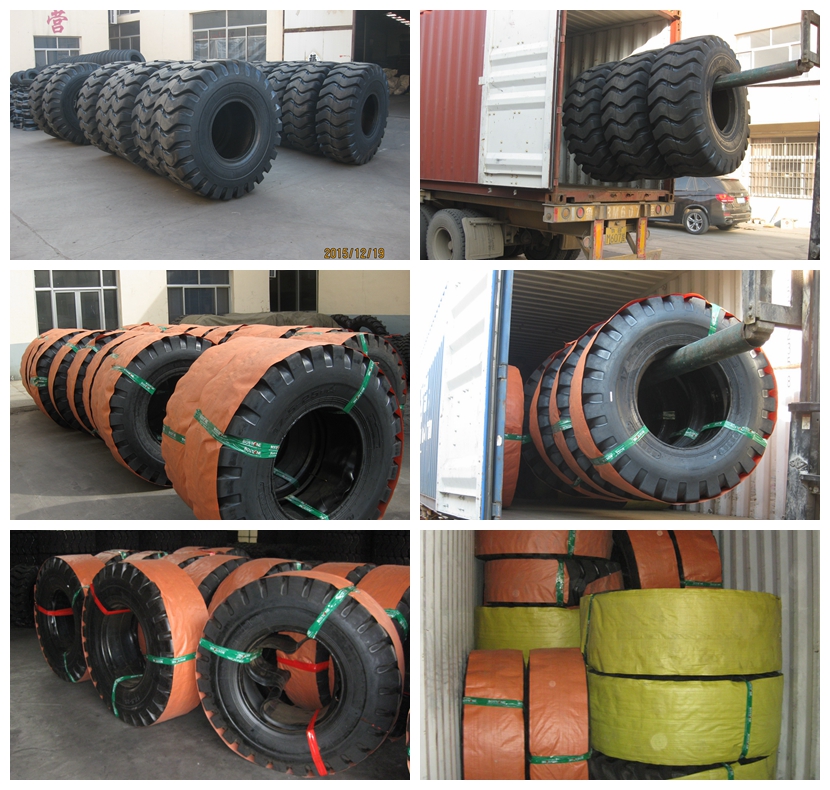
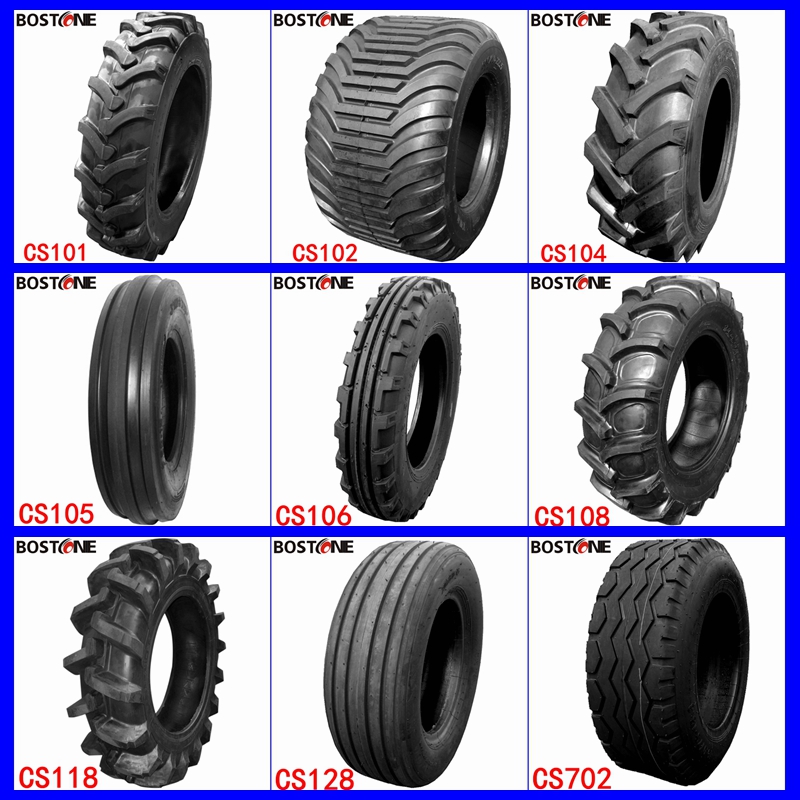
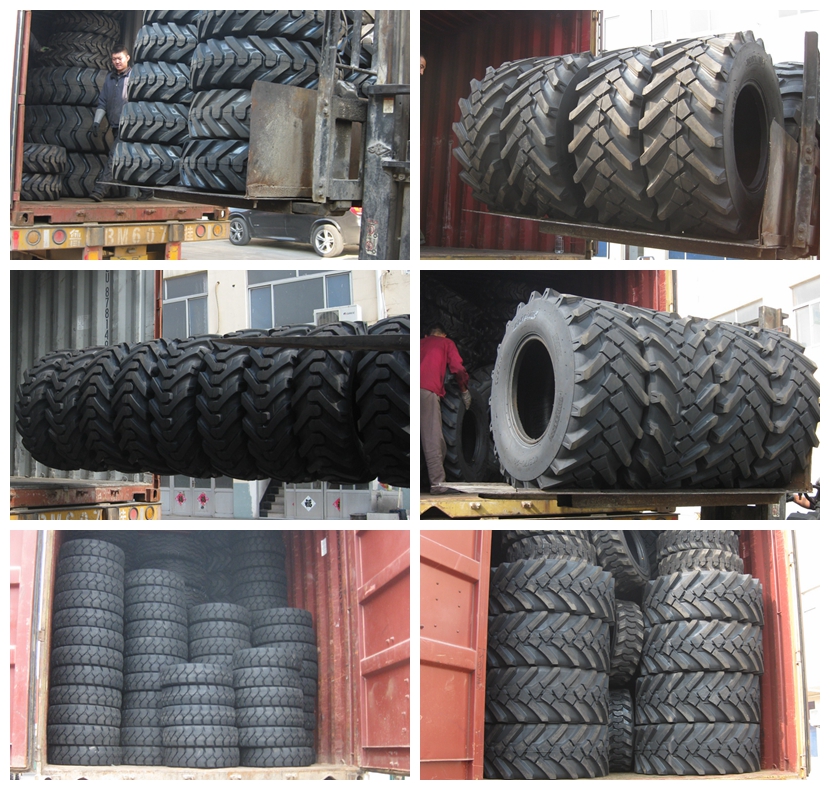
agricultural tyre---FAQs Guide
1.About agricultural tyre, what is your sample policy?
We can supply the sample if we have ready parts in stock, but the customers have to pay the sample cost and the courier cost.
2.How strong is the grip of the agricultural tyre?
We maintain a stable growth through reasonable capital operations, focus on industry development trends and cutting -edge technologies, and focus on product quality and safety performance.
The strength of the grip of a tire depends on the type of tire and the conditions of the road. Generally, tires with a higher tread depth and softer rubber compounds will provide better grip on wet and slippery surfaces.
3.How should the agricultural tyre pressure be adjusted?
We are a professional agricultural tyre company dedicated to providing high quality products and services.
The tire pressure should be adjusted according to the vehicle manufacturer's recommended tire pressure. This can usually be found in the owner's manual or on the inside of the driver's side door. It is important to check the tire pressure regularly and adjust it as needed.
4.How do agricultural tyre handle elevation angles?
As one of the agricultural tyre market leaders, we are known for innovation and reliability.
Tires handle elevation angles differently depending on the type of tire. Generally, tires with a higher profile (taller sidewalls) will handle elevation angles better than tires with a lower profile (shorter sidewalls). Tires with a higher profile will provide more cushioning and grip on uneven surfaces, while tires with a lower profile will provide less cushioning and grip. Additionally, tires with a more aggressive tread pattern will provide better traction on steep inclines.
5.About agricultural tyre, can you produce according to the samples?
Yes, we can produce by your samples or technical drawings. We can build the molds and fixtures.
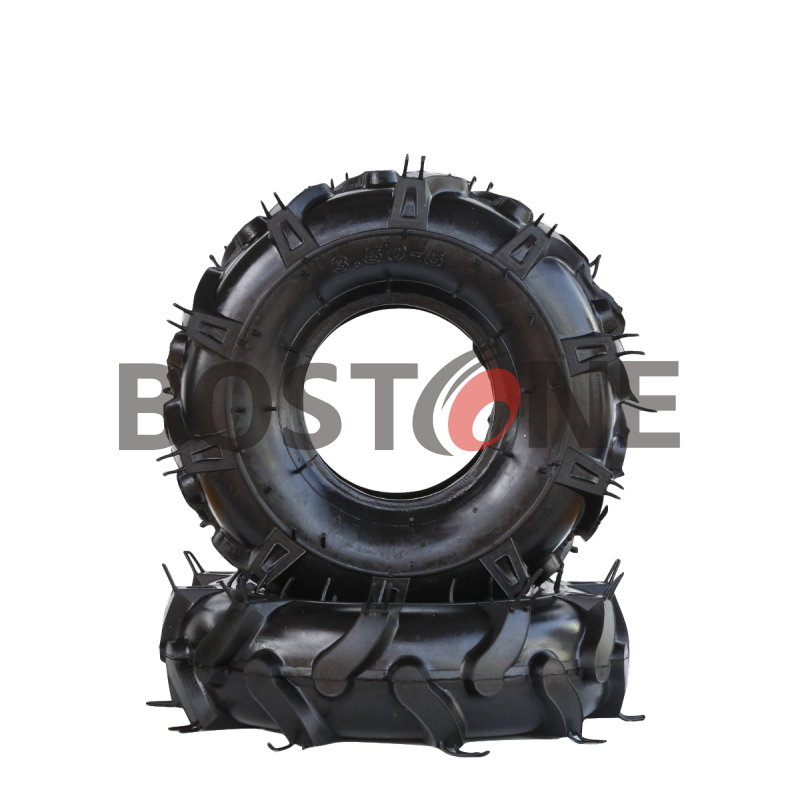
6.How to interpret the identification and coding of $keyworrd{1?
I have a comprehensive after -sales service system, which can pay attention to market trends in time and adjust our strategy in a timely manner. The identification and coding of tires is a system used to identify the type, size, and other characteristics of a tire. It is typically composed of a series of letters and numbers that provide information about the tire's construction, size, load capacity, speed rating, and other features. By interpreting the code, you can determine the type of tire, its size, and other important characteristics.
7.How to check the side wear of agricultural tyre?
Our mission is to provide customers with the best solutions for agricultural tyre.
1. Visual inspection: Look for uneven wear on the tire tread. Uneven wear can indicate that the tire is over or under inflated, or that the wheel alignment is off.
2. Measurement: Use a tire tread depth gauge to measure the depth of the tread. The minimum legal tread depth is 1.6mm.
3. Wear indicators: Most tires have wear indicators molded into the tread. When the tread is worn down to the same level as the wear indicators, it is time to replace the tire.
8.What is the impact of ground temperature on agricultural tyre?
We continuously upgrade our skills and knowledge to adapt to changing agricultural tyre market needs.
Ground temperature can have a significant impact on tires. In cold temperatures, the rubber in tires becomes harder and less flexible, which can lead to decreased traction and increased wear. In hot temperatures, the rubber in tires becomes softer and more flexible, which can lead to increased traction but also increased wear. Additionally, extreme temperatures can cause tires to expand or contract, which can lead to uneven wear and decreased performance.
9.What material is the agricultural tyre made of?
agricultural tyre is not a product only, but also can help you comes to money-making. Most tires are made of rubber, steel, and nylon.
10.Are there smart tire technologies integrated into the agricultural tyre, such as tire pressure monitoring systems (TPMS) or sensors?
We have a first -class management team, and we pay attention to teamwork to achieve common goals. Yes, some tires are now equipped with TPMS and sensors. These systems can monitor tire pressure, temperature, and tread depth, and can alert drivers when a tire is underinflated or has a low tread depth. Some tires also have sensors that can detect road conditions and adjust the tire pressure accordingly.
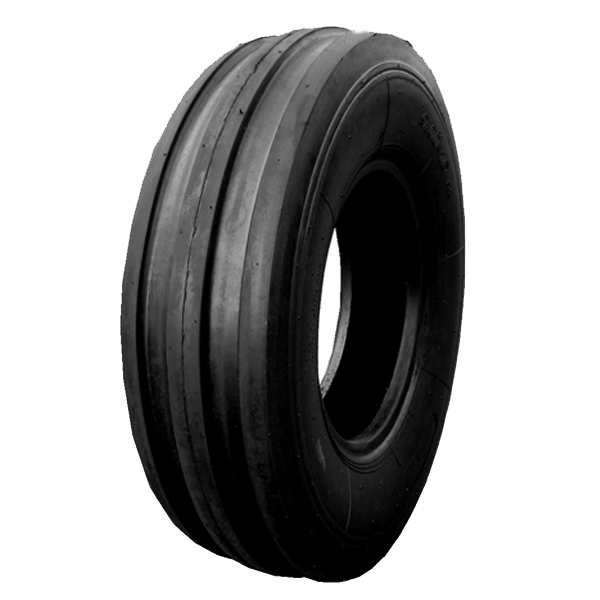
11.What are the warranty terms for agricultural tyre?
We have rich industry experience and professional knowledge, and have strong competitiveness in the market.
The warranty terms for tires vary depending on the manufacturer and type of tire. Generally, most tire manufacturers offer a limited warranty that covers defects in workmanship and materials for a certain period of time. The length of the warranty period can range from a few thousand miles to up to 50,000 miles. Some manufacturers also offer a road hazard warranty that covers damage caused by road hazards such as potholes, nails, and other debris.
12.What factors are included in agricultural tyre specifications?
We are centered on customers and always pay attention to customers' needs for agricultural tyre products.
1. Tire size: This includes the width, aspect ratio, and wheel diameter of the tire.
2. Load index: This indicates the maximum load capacity of the tire.
3. Speed rating: This indicates the maximum speed at which the tire can be safely operated.
4. Construction: This indicates the type of tire construction, such as radial or bias-ply.
5. Tread pattern: This indicates the type of tread pattern, such as all-season, mud-terrain, or snow.
6. Tread depth: This indicates the depth of the tread pattern.
7. Sidewall markings: This indicates the type of tire, such as all-season, mud-terrain, or snow.
8. Maximum inflation pressure: This indicates the maximum pressure at which the tire can be safely inflated.
13.How does the agricultural tyre provide traction on different road surfaces, including wet, dry, and snowy conditions?
We operate our agricultural tyre business with integrity and honesty. Tires provide traction on different road surfaces by using tread patterns that are designed to disperse water, snow, and other debris away from the contact patch of the tire. In wet conditions, the tread pattern helps to channel water away from the contact patch, allowing the tire to grip the road surface. In dry conditions, the tread pattern helps to provide grip by increasing the surface area of the contact patch. In snowy conditions, the tread pattern helps to provide grip by biting into the snow and providing a larger contact patch.
Tags:yokohama tractor tyres,old tractor tyre,goodyear farm utility tire,26 inch solid rubber tires,bobcat s175 tires,carlisle solid rubber tires